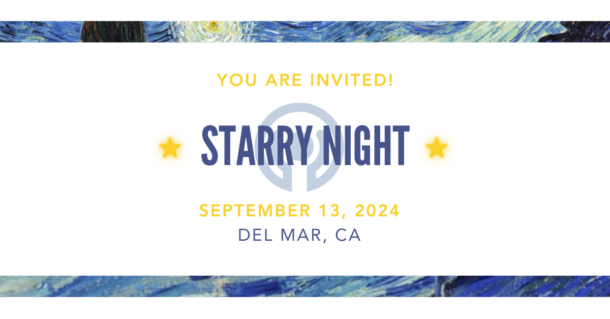I was 19 when I first heard the suggestion that I was bipolar. For me, this was a liberating announcement and not a scary one. Here was an explanation for what was happening to me. The loss of control over my emotions, and progressively my actions, was now explainable and in some cases excusable.
It was also not a surprising diagnosis.
As a child, my misbehavior, inability to pay attention, and temper tantrums eventually resulted in a diagnosis of ADHD. It was a diagnosis that my mother and I worked on, but progressively became one I ignored. About two years before my bipolar diagnosis, my mother was cleaning out our basement, and I acquired a book she’d had for years about adults and ADD/ADHD. I took a highlighter, and while I was reading I highlighted every symptom, or situation I had found myself in. More than 80% of the book was highlighted at the end. The book introduced me to many ideas, including symptoms that I didn’t know were caused by my diagnosis and I had simply blamed on myself as a failure. Learning that I wasn’t responsible for many things in my life and that I was not a failure, helped me to embrace my diagnosis and to not be afraid to recognize its symptoms – because only after recognizing them could I work through them.
One of the key things I learned from that book, was that children with ADD/ADHD tend to develop things like insomnia, depression and bipolar disorder as an adult. So when the doctor mentioned that she thought I was bipolar, I wasn’t as scared. I was relieved. I remembered how helpful embracing my ADHD diagnosis was, and I didn’t rebel against my bipolar diagnosis.
As much as I have embraced it, sometimes it’s scary.
Learning that I now had a more than 50% chance of developing Postpartum Psychosis was terrifying. That I had one more disease to pass onto my future children (on top of several other genetic disorders) was scary. Facing the drastic drops in mood, from happy to suicidal, because a prescription carried a “may cause depression” warning that was missed, scared me.
At the end of the day though, I have a wonderful safety net of people who care about me and accept me for who I am and accept what I’ve had. It hasn’t been easy. Over the years I have cut out friends and acquaintances who did not help my state of mind – especially the ones who refused to believe in bipolar being a real disorder. I’ve had to limit my contact with family or other people who bring me down, or who are unaccommodating to my diagnosis. Over time, I’ve learned to read people on whether they will accept my diagnosis, and when the appropriate time to share is.
I don’t shy away from it. For me, family and friends need to be aware. I have several friends who love my manic state of mind, because to them it is simply an extension of my happy self – but they also realize that sometimes I say or try to do things that are unsafe, and they know when it’s time to step in and help me draw the line.
Bipolar Disorder is scary. But like so many things in this life, the fear it sparks only has as much control over you as you let it.


